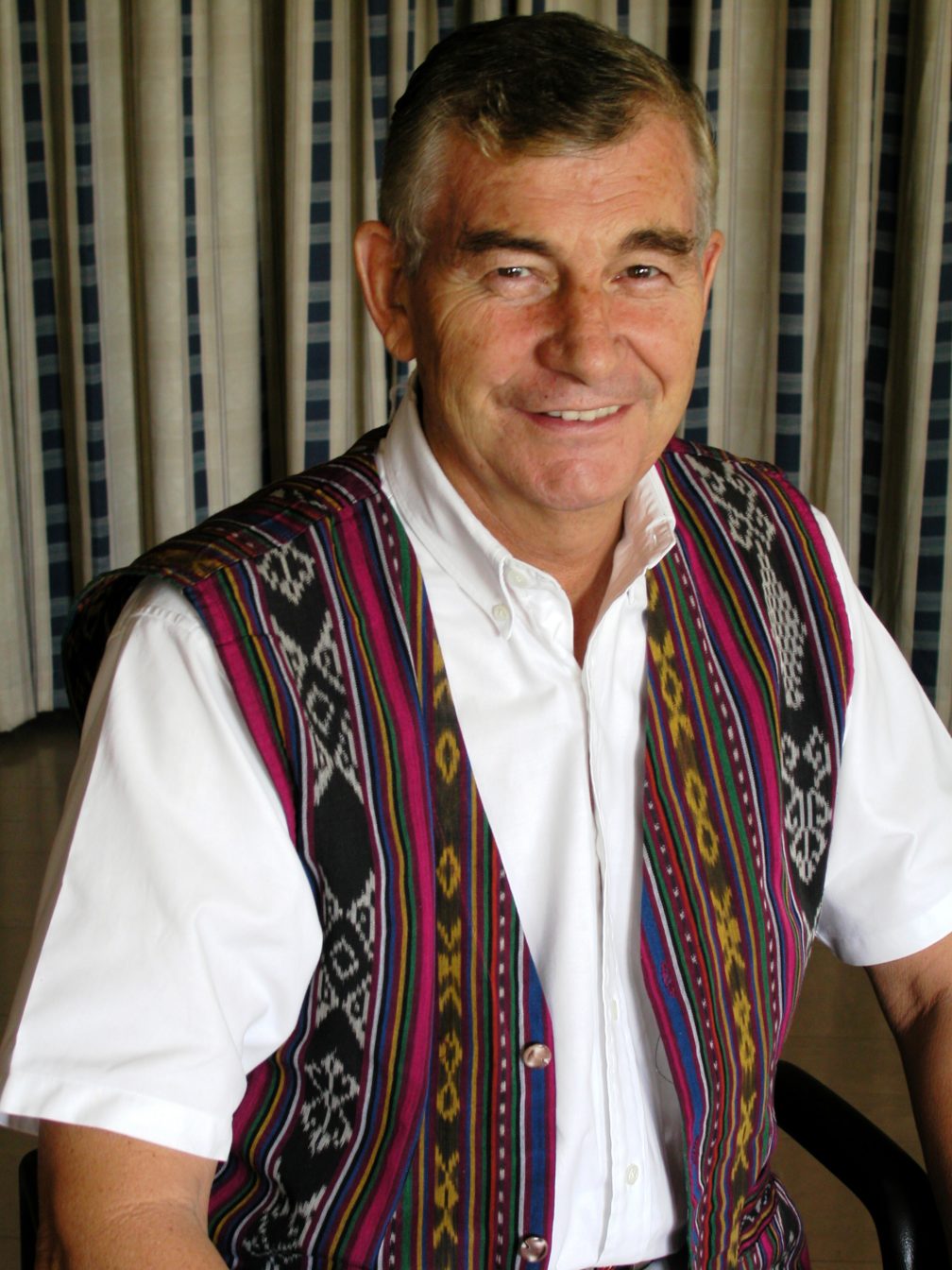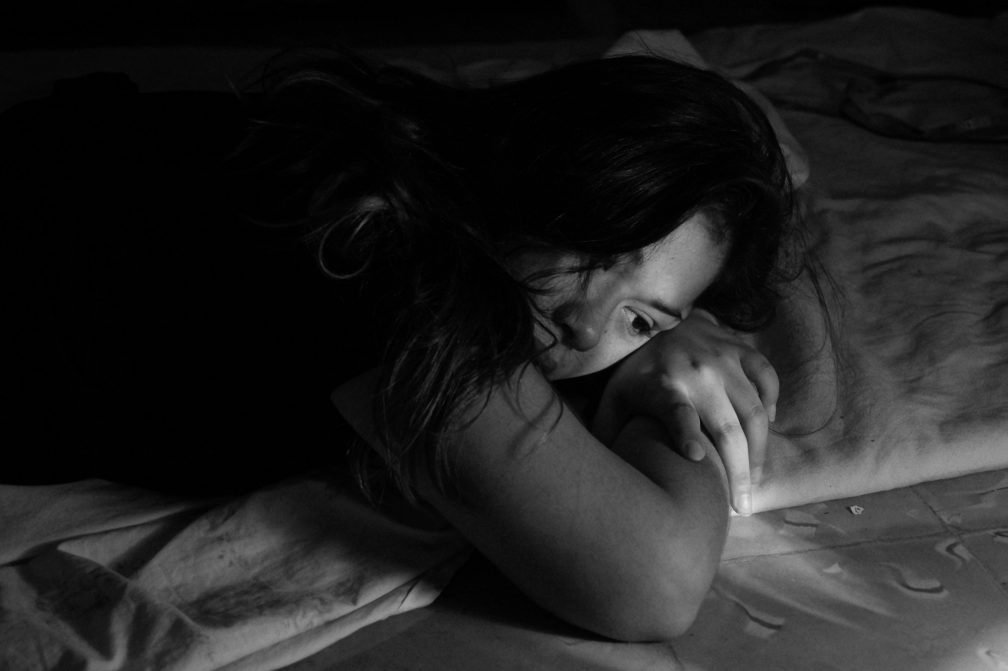Angelica was a 15-year-old girl sold by her mother to her employer; a rough, crude man, the owner of several mini-buses and from which he earns a lot of money and could afford to buy children for sexual abuse.
Angelica was brought to this middle aged Filipino man in a distant town to be sexually exploited and abused. He took her to a hotel and the hotel manager and staff either ignored it or were complicit in the trafficking and he raped her there. Her mother was guilty also of human trafficking.
This man is a child rapist and he sexually abused Angelica several times and gave money to her and to her mother. The child could not resist, she, being only 13 and she was under the power and influence of the adults and controlled by her own mother.
There are many hundreds of thousands of similar cases of human trafficking and abuse happening every day around the world and not only in the Philippines. It is all too common especially in South East Asia, Africa, the Middle East and the United States. It happens anywhere where laws are lax and not enforced. In some countries, child abuse is tolerated under some guise of cultural practice like child marriage, which is popular in Afghanistan, India and Pakistan.
From Eastern Europe, thousands of women and minors are trafficked and brought to wealthy Europeans in mega-brothels, which are legal. The women are not free to leave and are trapped in a web of insidious debt.
In some countries, the age of sexual consent for a child under the Penal Code is very low. In the Philippines it is 12 years of age, and abusers take advantage of this to justify a relationship. The Penal Code must be changed. In the Philippines the child protection law otherwise known as Republic Act 7610 supersedes the old Penal Code. Anyone who abuses a child sexually below the age of 18 is criminally liable. If the child is below 12 years of age, it is statutory rape.
An estimated 24.5 million adults, children and youth have been victims of trafficking by organized crime syndicates in the past decade. Human traffickers are criminals who operate in many ways. Most of the 24.5 million victims are women and 33 percent are children under the age of 18.
The victims of human trafficking are almost always poor, unemployed, uneducated and vulnerable. Many minors come from broken families, are abandoned and left with a distant relative who neglects them. They are frequently abused, underpaid and sexually exploited. The root of the problem is in the broken home. Without a secure, stable and loving family, children do not have a chance to succeed in life. Children with upbringings such as this are easy prey for human traffickers.
Angelica suffered greatly. She hated what her mother and her employer had done to her and bravely, having endured another rape from the man, had the courage to go to a local government official in the barangay hall to report that she was being abused. She did not report that her mother sold her to the accused.
The suspect was arrested and jailed right away since the report was received within 24 hours of the crime being committed and he was charged with human trafficking and child rape. Angelica came to us at Preda to be taken care of. The accused paid the grandmother to file a case of habeas corpus case to get the child out of the Preda home but the child told the judge that she wanted to stay. The case of human trafficking and child rape is ongoing and Angelica, after a year in recovery, was able to testify clearly and coherently against the accused. He will surely be convicted.
It is very important that we all understand and are aware of what is going on in the world. Human trafficking of children for sexual exploitation is an everyday crime. Child sexual abuse is all around us, we just don’t know it. Victims are ordered with threats to remain silent. They fear they will not be believed and that they will be severely punished if they reveal the truth, so most live with the pain and secret all their lives.
This terrible exploitation of human beings is indeed slavery, banned but never conquered, condemned but never eliminated, opposed but still lives on. We must never give up the fight to overcome this pernicious evil and save the millions of exploited victims worldwide.
With globalization and economic expansion come greater potential for exploitation. The Washington-based Columban Center for Advocacy and Outreach stands at the forefront of the struggle against it.


